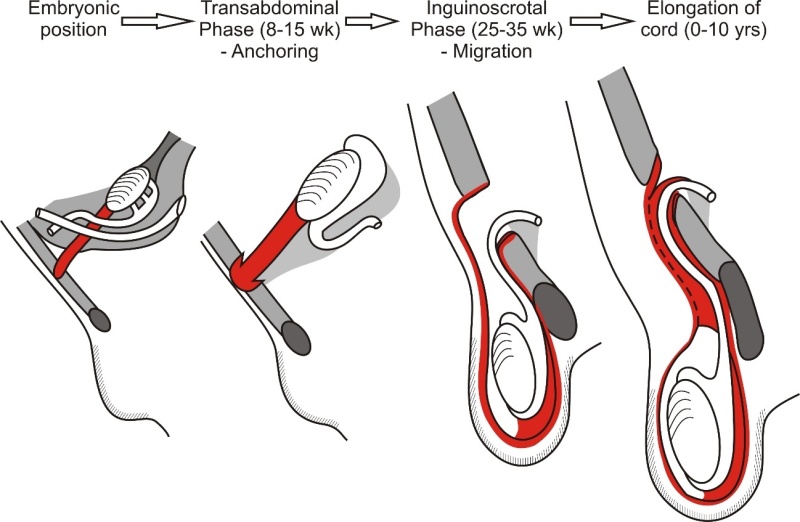
Hypospadius / Hernia / Hydrocoele
Before birth, the testicle descends from the abdominal cavity to the scrotum, along an open channel that usually closes by the time a child is born. Girls also have this open channel. If the channel does not close, a hernia or hydrocele may develop. A hernia occurs when a piece of the intestine slides into the channel. If the channel is more narrow, only fluid from the abdominal cavity can filter down, which may surround the testicle in the scrotum, a condition known as a hydrocele.
Potential Problems
Hernia: A hernia can be a serious problem at any age because it can cause the intestine to become trapped (called an incarcerated hernia) or lose its blood supply (a strangulated hernia). Therefore, it’s best to fix a hernia as an elective surgery soon after it is diagnosed. Incarcerated or strangulated hernias may require emergency surgery.
Hydrocele: Hydroceles are very common in newborn boys, and may change in size as normal abdominal fluid flows in and out of them. They may be very large, although they do not cause any injury to the testicle. Since the channel is usually narrower than with a hernia, it may close by itself in the first three to six months of life. As it closes, the fluid in the hydrocele “sac” will often gradually be reabsorbed by the body.
Symptoms of a Hernia
A hernia causes a bulge in the groin area. A hernia can occur when your child cries, coughs or strains. If the bulge does not disappear by itself or with gentle pressure, bring your child to the doctor immediately. If intestine is trapped in a herniated channel, your child may become feverish, fussy or start vomiting. If a hydrocele alone is present, the scrotum on that side will be enlarged and may appear bluish in color.
Additional Problems
A hernia is more likely to develop on the side of an undescended testicle. This is because the testicles form in the abdomen, and descend before birth in most cases. In undescended testicles, the connection between the testicle and the abdomen often fails to close as it normally does. Also, torsion (twisting) of the testicle is more likely to occur, which can result in loss of the testicle. There is also a slightly increased risk of testicular cancer in testicles that are undescended. However, since testicular cancer is rare to begin with, it is still uncommon in men who had an undescended testicle. The risk is higher if the testicle was in the abdomen, and there is some evidence that bringing the testicle down during early childhood may reduce this risk.
Who Gets Hernias?
Hernias are more common in boys with undescended testicles and in children who are born prematurely. The risk may also be higher for children who have a surgical shunt tube connecting the brain to the abdomen. Girls may also get hernias, although it is less common.